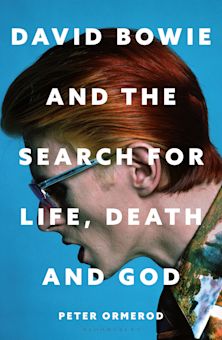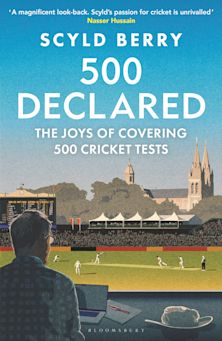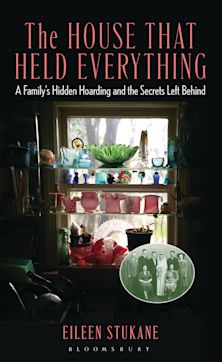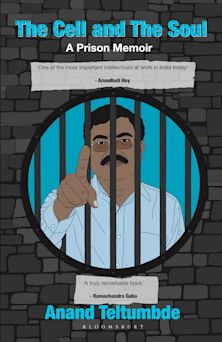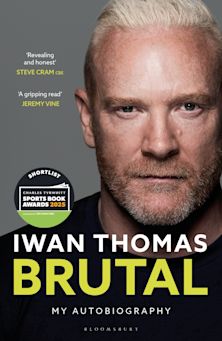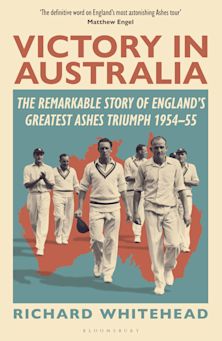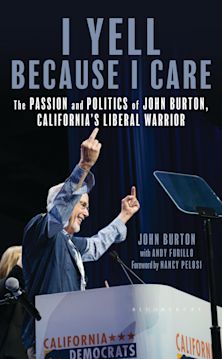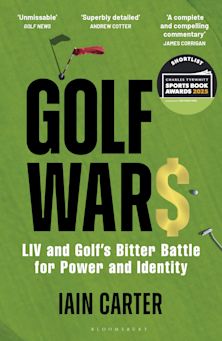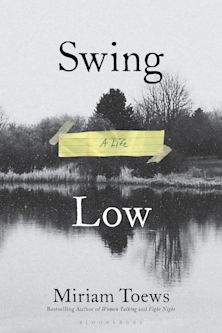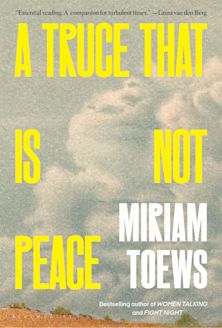- Home
- NON-FICTION
- Biography & Memoir
- Out of Time
- Delivery and returns info
-
Free US delivery on orders $35 or over
You must sign in to add this item to your wishlist. Please sign in or create an account
Description
In the summer of 1966, Peter Chapman was a naive 18-year-old from the Angel in north London. He was just about to enter the world of work, having flunked his A Levels and recently discovered that he would not be fulfilling his dream of becoming a professional footballer at Leyton Orient. As a young man on the brink of adulthood, he found himself in a country also on the brink of huge change--and about to have one of the most significant sporting successes in its history.
Focused around England's one and only World Cup victory, Out of Time tells the story of that summer--both the football and the country's broader political, social, and economic picture--through Chapman's 18-year-old eyes, and offers a vivid and beautifully written portrait of what life was like in 1966.
Product details
| Published | Jul 19 2016 |
|---|---|
| Format | Hardback |
| Edition | 1st |
| Extent | 288 |
| ISBN | 9781472917157 |
| Imprint | Wisden |
| Dimensions | 9 x 6 inches |
| Series | Wisden Sports Writing |
| Publisher | Bloomsbury Publishing |
About the contributors
Reviews
-
It is a book to read avidly from cover to cover
www.blackpoolgazette.co.uk
-
Excellent
Choice Magazine
-
Very enjoyable
The Financial Times
-
Out of Time describes with charm and self-deprecating humour the attractions of sexual fumbling, holidays abroad, the London music scene, Chinese food and much else. But this joyous book, a memoir of late adolescence laced with social and football history, is also a catalogue of both the untidiness and the limits of change, and a reminder that even in London opportunities were circumscribed and aspirations often throttled.
Mark Damazer, The Financial Times
-
I loved it ... brings the year vividly alive
Jim Crace
-
Out of Time is a gentle and affectionate portrait of the capital's gradual awakening to the charm of pop culture at that time.
The Economist

















